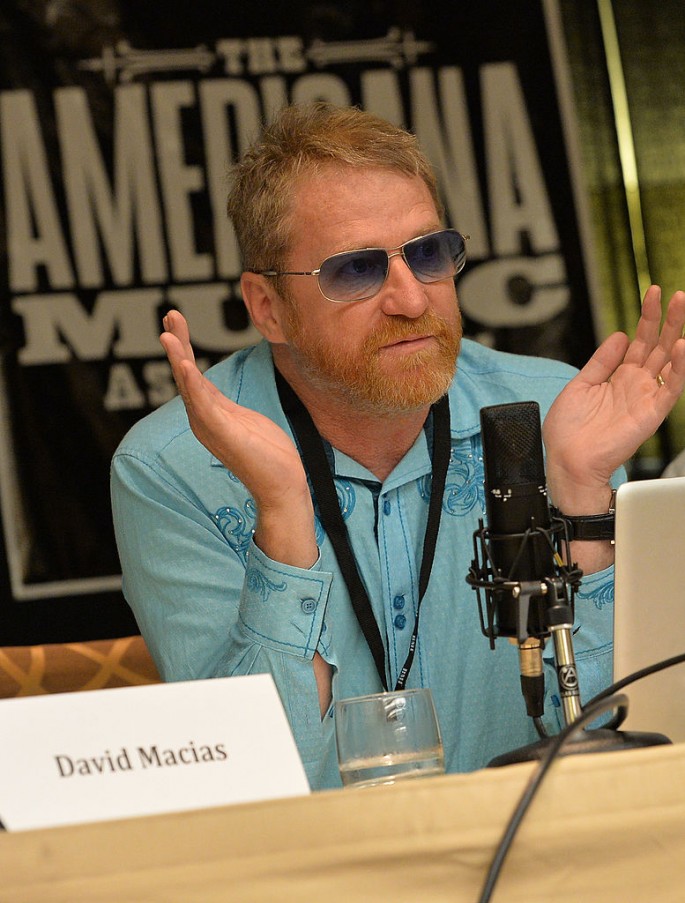For allegedly using copyrighted musical works without mechanical licenses in an "egregious, continuous and ongoing campaign of deliberate copyright infringement," musician David Lowery filed on Monday a $150 million lawsuit against Spotify.
Also a music business professor at the University of Georgia and founding member and singer of two bands, Camper Van Beethoven and Cracker, Lowery filed the lawsuit as a class representative. Besides himself, he also filed the case on behalf of other musicians whose copyright may have been breached by the top music streaming service provider.
According to the lawsuit filed with the Central District Court of California, Spotify unlawfully distributes to over 75 million users copyrighted songs but fails to identify or locate owners for payment or inform them that the song would be reproduced or the works distributed, reports Billboard.
He asked the court to stop Spotify from continuously breaching copyright laws and the California Business & Professions Code. Under the Copyright Act, violators could be fined $750 to $30,000 per work with a cap of $150,000 for willful infringement.
There are four songs of Lowery that he says were streamed by Spotify without his approval. These are "Tonight I Cross the Border," "King of Bakersfield," "Almond Grove" and "Get On Down the Road," reports Newsweek.
Spotify has 75 million active users and 20 million paid subscribers. Since it was established in Stockholm in 2006 by Daniel Ek and Martin Lorentzon, it has paid over $3 billion in royalties, $300 million of which were paid in Q1 of 2015.
Lowery joins singer Taylor Swift in criticism of Spotify's alleged failure to fairly compensate writers, producers, artists and music creators for their work after Swift pulled out all her songs from the music streaming service in November 2014.
Spotify and the National Music Publishers Association are going through settlement talks over alleged users playing music not properly licensed and making mechanical royalty payments to songwriters and music publishers.
Jonathan Prince, global head of communications and public policy of Spotify, said in a statement that the company is committed to pay them every penny due, but a lot of the data needed to confirm the proper rightsholders, especially in the U.S., are incomplete, wrong or missing.



























